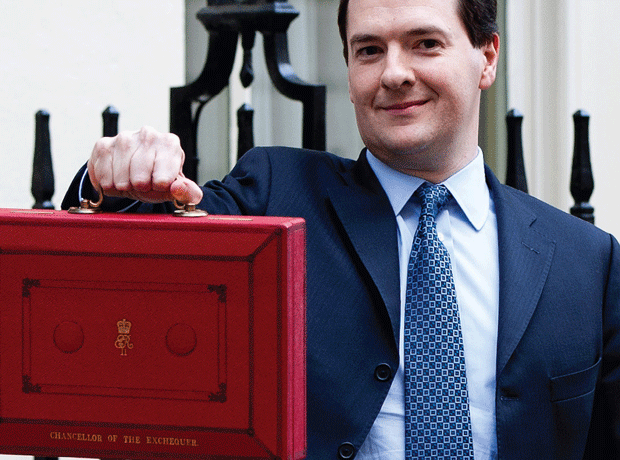
Retailers and wholesalers have reacted angrily to the government’s decision not to impose fiscal stamps on beer as part of its strategy to tackle duty fraud, while brewers welcomed the move.
The economic secretary to the treasury Sajid Javid MP said the government had rejected the idea due to the financial impact on brewers.
“Compelling evidence was provided on beer fiscal marks to show that, although it could be a useful tool to counter trade in illicit products, the costs of affixing stamps to goods could be significant for the UK brewing industry and particularly for legitimate importers and exporters,” he said.
Read this
Duty fraud: we need legislation to help stamp it out
Comment: There is clear evidence from spirits that duty stamps fight fraud
“Therefore, the government will not be proceeding with the introduction of beer fiscal marks at this time to allow exploration of other, less burdensome options to address alcohol fraud.”
HMRC estimates that duty fraud on alcohol costs the treasury around £1.2bn a year and yesterday’s announcement follows a major consultation into the problem, which concluded last year.
The government said it was in favour of creating a register for alcohol wholesalers. It plans to consult further informally over the next few weeks to refine the design of a registration scheme. However it also ruled out supply-chain legislation due to the practicality and cost of introducing new ‘track and trace’ systems across the brewing industry. It also expressed concerns over the effectiveness of this measure.
‘Disappointed’
The Federation of Wholesale Distributors welcomed the introduction of a registration scheme, which it had proposed initially, but was clearly unhappy with the decision not to impose duty stamps.
“Ministers’ decision to abandon plans to impose a duty stamp on beer is a major step backwards that allows the black market to flourish”
James Lowman, ACS
“We are very disappointed that other measures which would wipe out the illicit market for beer will not be taken forward,” said FWD chief executive James Bielby. “By rejecting HMRC’s proposal for fiscal marks, the government has missed a chance to drive criminals out of the beer market and restore a huge revenue deficit, as well as to demonstrate its support for legitimate wholesalers and the thousands of law-abiding retailers who buy from them.”
Association of Convenience Stores chief executive James Lowman was also angered by the move. “Ministers’ decision to abandon plans to impose a duty stamp on beer is a major step backwards that allows the black market to flourish at the expense of honest legitimate retailers and taxpayers,” he said.
However the plans were received much more warmly by representatives of the major brewers, who have consistently fought moves to bring in duty stamps. “This is great news,” said British Beer and Pub Association chief executive Brigid Simmonds. “In setting aside plans for tax stamps on every bottle and can of beer, the government has listened, and stepped back from a hugely costly and damaging policy that would have hit jobs and growth.”

















No comments yet